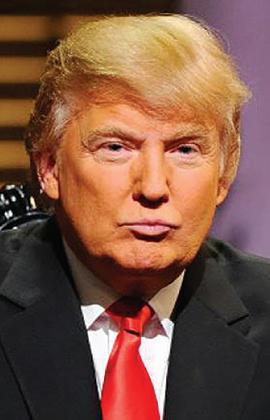
2 minute read
Candidates’ faith matters
And the murky definition of ‘evangelical’
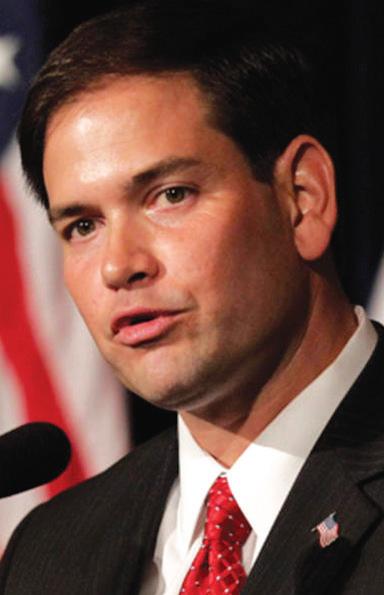
Advertisement
After a year of almost no presence in the political debate, the role of evangelical voters has emerged in the past two months as a hot topic. And some prominent evangelicals are crying foul for the term’s broadening definition and indiscriminate application.
While some analysts are giving self-identified evangelicals credit for wins by both Donald Trump and Ted Cruz in the Super Tuesday Republican primaries, others caution that not all the people pollsters are calling “evangelicals” really qualify for that label. That may be the reason it appears the evangelical voting bloc is split. Trump, a Presbyterian, continues to lead his two closest Republican rivals, Southern Baptist Ted Cruz and Marco Rubio, a Catholic who attends a Baptist church when in Florida.
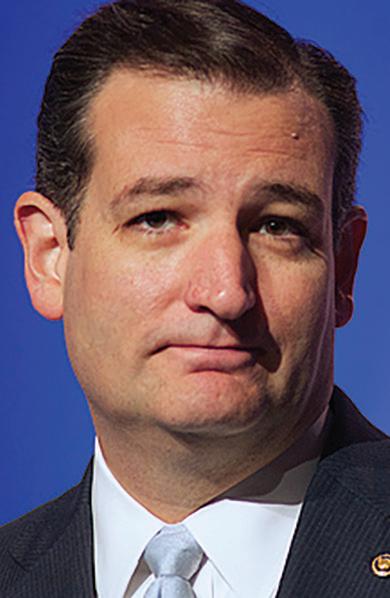
Some evangelical leaders are stepping away from the term “evangelical” for the time being. Russell Moore, president of the SBC’s Ethics and Religious Liberty Commission, tweeted his exasperation: “The word ‘evangelical’ no longer has any meaning. Just call me a gospel Christian.”
Then, writing for the Washington Post, Moore lamented, “Part of the problem is that more secular people have for a long time misunderstood the meaning of ‘evangelical,’ seeing us almost exclusively in terms of election-year voting blocs or our most buffoonish television personalities. That’s especially true when media don’t distinguish in election exit polls between churchgoers and those who merely self-identify as ‘born again’ or ‘evangelical.’”
Over on the other side of the aisle, United Methodist Hilary Clinton and Bernie Sanders, a secular Jew, have made little effort to court evangelicals. Both have campaigned in Black Protestant churches including Victory Missionary Baptist Church where pastor Robert E. Fowler has endorsed Clinton. Both were at the church on Valentine’s Day.
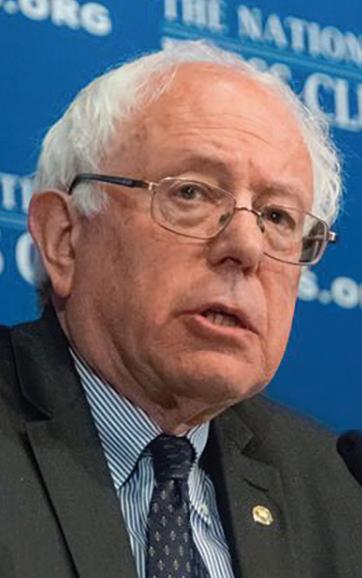
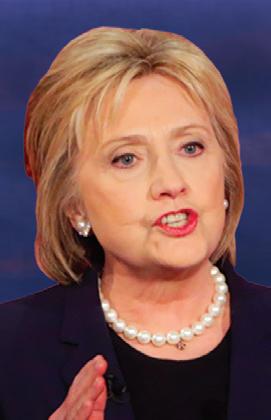
A survey by LifeWay Research and the National Association of Evangelicals (NAE) determined last fall that evangelicals (as most Southern Baptists would describe them) hold four common beliefs: the Bible is their highest authority, it is very important to share Christ with non-Christians, Christ’s death on the cross is the only sacrifice that can remove sin, and only those who accept Christ as their savior will receive eternal salvation
The survey surprisingly found just 41% of self-identified evangelicals hold all four beliefs, and 21% of those who rejected the evangelical label actually agree with all four. Other surveys have defined evangelical in much broader terms, or as LifeWay’s Trevin Wax wrote on The Gospel Coalition’s website, “‘Evangelical’ sometimes means ‘cultural Christianity.’”
Robert Jeffress, pastor of First Baptist Church in Dallas, has not endorsed Trump, but has introduced Trump at campaign rallies in Iowa and Texas. He told National Public Radio that evangelicals are divided between idealists and pragmatists. “The idealists are the ones who ... would say if we could just get a strong Christian in the White House, perhaps we could return our nation to its Judeo-Christian foundation. But then there are the pragmatists who say, as much as we would like to have a faith-centered candidate, perhaps our country has moved too far to the left for that to happen, and so let’s get the most conservative candidate who is electable. And many of those are going for a Donald Trump.”
Jeffress further explained his thoughts in an interview with American Family Radio. “I was quoting what I believe many evangelicals are thinking,” he said. “I was not agreeing with that position. After the same-sex ruling last June, I think it was such a gut punch to many evangelicals that they pretty much gave up on the idea of depending upon government to uphold biblical values and they’re saying, ‘Okay, let’s let the church do that and let’s just depend upon government to do the other.’”
Trump’s big wins on Super Tuesday served to increase the debate over the role of socalled evangelicals in the election. Illinois voters will go to the polls March 15. – Lisa Sergent
